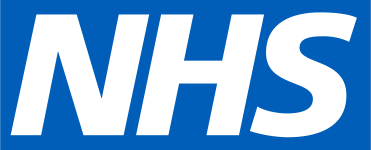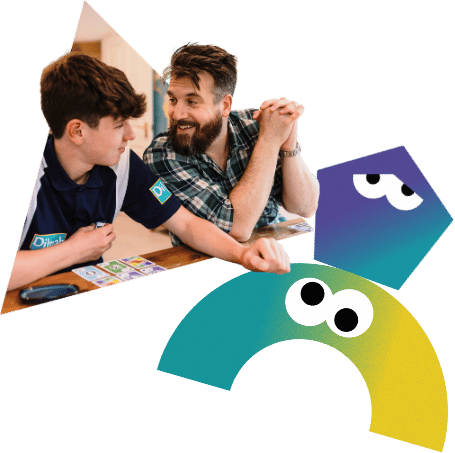Pathway for parents or carers of children from preteen to teenager
Join our learning pathway for all parents, carers and grandparents: a journey of understanding emotional health, wellbeing, behaviour, and much more for raising confident, kind, emotionally aware and resilient people.
Pathway stages
Bitesize stages for daily steps towards confident parenting and connected relationships.
1. Welcome and introduction
1.1 What is this course about?
1.2 How to work through the course
1.3 A few more instructions
1.4 What changes have you noticed?
1.5 Every cloud has a silver lining
2. Teenager’s brain development
2.1 How do we know about the teenage brain?
2.2 The main changes
2.3 The prefrontal cortex
2.4 The amygdala
3. Teenagers and reading faces
3.1 The amygdala and reading faces
3.2 Knowing what you are feeling
3.3 The experiment
3.4 About the results
3.5 What could this mean?
3.6 What can you do to help?
3.7 Some more ideas
4. Risk taking
4.1 Risk and brain development
4.2 Risks: the positive and the negative
4.3 The accelerator and the brake
4.4 So, who has to be the brake?
5. Risk taking and friends
5.1 Risk and friends
5.2 An experiment
5.3 The results
5.4 More results
5.5 How does the brain affect risk taking?
5.6 Teenagers and gangs
5.7 How can you help?
6. Sensitive rejection
6.1 Teenagers and their friends
6.2 Research
6.3 An experiment
6.4 Teenagers’ reactions
6.5 Why does this happen?
6.6 What can help?
7. Teenagers and sleep
7.1 Teenagers and their sleep
7.2 Change in teenagers sleep pattern
7.3 Why do teenagers’ need their sleep?
7.4 The growth hormone and the sleep hormone
7.5 Changing to an adult pattern
7.6 What can help?
7.7 Sleep and emotions
8. Review
8.1 The positives
8.2 Eventually
8.3 And finally
9. Congratulations!
9.1 Feedback and certificate
About this pathway
Adolescence is a time of enormous change—emotionally, socially and neurologically. During the teenage years, the brain undergoes a major period of development. This affects everything from decision-making and emotional regulation to communication and behaviour.
Follow short, bitesize content with information about adolescent brain development and emotional health with practical strategies for everyday parenting. Our clinical child psychologists, psychotherapists and health practitioners will introduce you to ideas and techniques for nurturing wellbeing and you’ll hear about other parents’ experiences.
This pathway will explain some of the major changes children experience as they go through their teenage years and help you to understand their emotional wellbeing, as well as their changing emotional support needs.
Along this pathway, you’ll explore:
- How the teenage brain develops and why it matters
- Emotional wellbeing and regulation during adolescence
- Communication strategies that support connection
- How to approach difficult conversations
- How to strengthen your relationship with your teen
Parents who have completed the pathway have shared that they are now better equipped to support their teenager’s emotional wellbeing, they feel supported and less alone, and have gained confidence in their relationships.
96% learners who completed the pathway said that they found it helpful
93% learners who completed the pathway would recommend it to friends and family
90% learners who completed the pathway said that it made a difference for them
“You don’t actually realise what is going on in your child’s brain, this pathway helped. Every parent should do this, I wish I’d done it sooner!”
Parent from the pathway
“It is great to know that I am not alone as a parent and that what I am experiencing is normal. I can now try to understand why my teenage daughter and son behave how they do and rather than react badly, try to understand and react positively. Thank you!”
Parent from the pathway
“It’s a very good pathway, I learnt a lot! I liked the ‘science’ and reasoning behind teenage behaviour and thinking. I also liked that the pathway was in stages and I could leave at any point and come back to it when I had more time.”
Learner from the pathway
“Really interesting and I could see parallels with teenagers that I encounter, and also recognize myself as a teen!”
Learner from the pathway
“It has helped me to understand how to help my teenager with their emotions and development.”
Parent from the pathway

